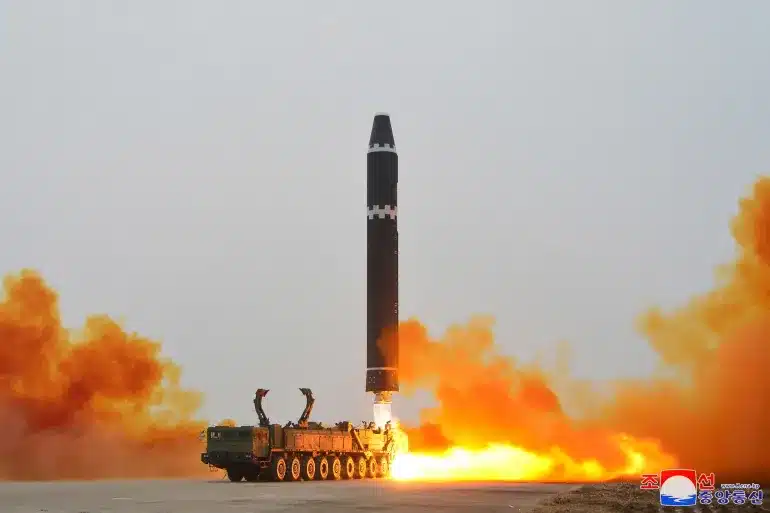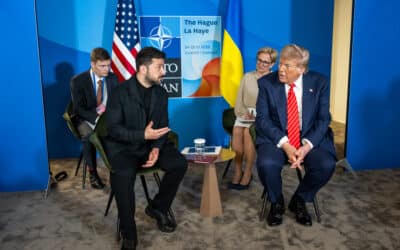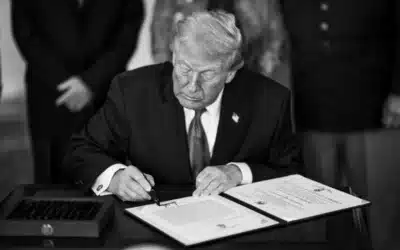The latest round of provocations between North Korea and the US took place over the weekend. Pyongyang launched an intercontinental ballistic missile (ICBM). Washington responded by conducting military drills with Seoul and Tokyo.
“The test-fire of the latest ICBM Hwasongpho-19 recently conducted by the DPRK constitutes a legitimate and just exercise of the right of a sovereign state to self-defense,” a statement from North Korea released on Sunday explained.
Pyongyang argued Thursday’s missile test was in response to military provocations from Washington and Seoul. “It is a part of the practical counteraction to the provocative, reckless moves of the hostile forces to openly destroy peace and stability in the region around the Korean peninsula while blatantly challenging the sovereignty, security, and interests of the DPRK,” the press release added.
The US responded by conducting a trilateral military flight with Japanese and South Korean aircraft. The US deployed its B-1B bomber, and was joined by fighter jets from Japan and South Korea.
Tensions between Washington and Pyongyang have escalated throughout the Joe Biden presidency. Over the past four years, the US has increased its military posture in the regions, deployed weapons systems capable of delivering nuclear weapons, and pushed South Korea and Japan to join a trilateral military pact that North Korea views as joining an Asian NATO.
Additionally, as the White House has attempted to isolate and punish Russia for invading Ukraine, Moscow has developed ties with Pyongyang and other countries heavily sanctioned by Washington.
In recent weeks, Ukraine and its Western backers have claimed that North Korea has deployed troops to Russia to help in the war. Moscow and Pyongyang have been tight-lipped about any potential North Korean troops in Russia.
After a recent meeting between Russian and North Korean diplomats, Pyongyang issued a statement that explained the growing ties between the Asian neighbors was a response to US provocations. “The two sides expressed the common understanding that the root cause of ever-escalating tensions in the Korean peninsula, Northeast Asia and other parts of the world lies in the provocations of the U.S. and its vassal countries,” it said.

































